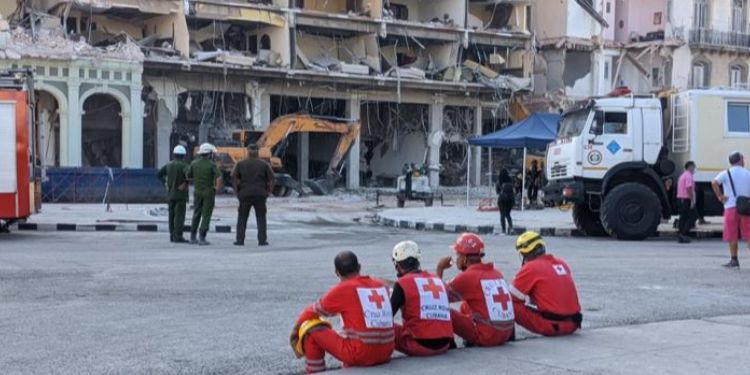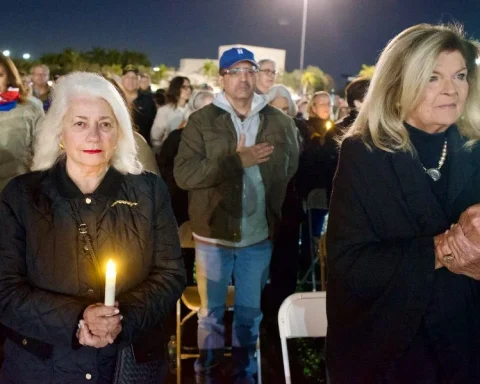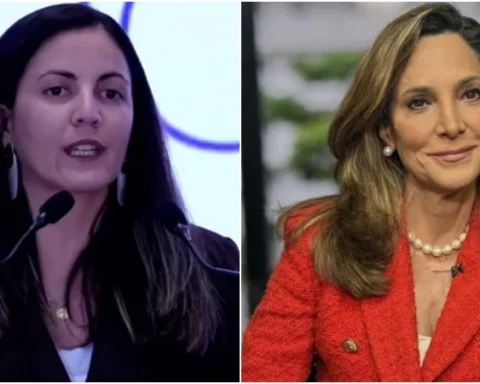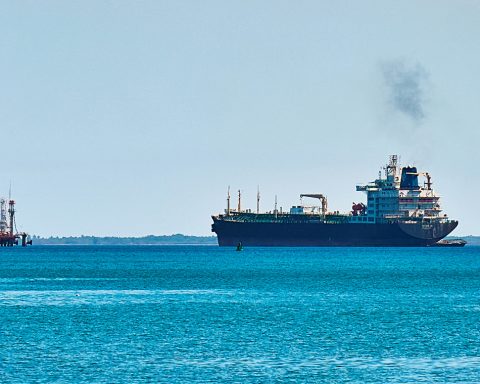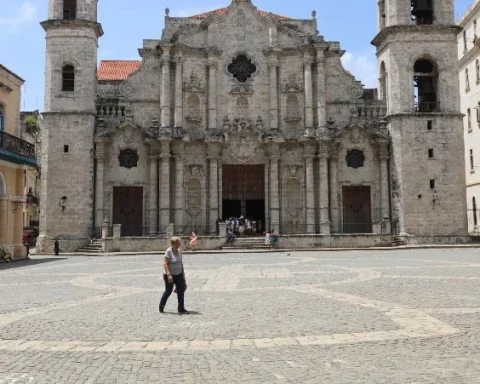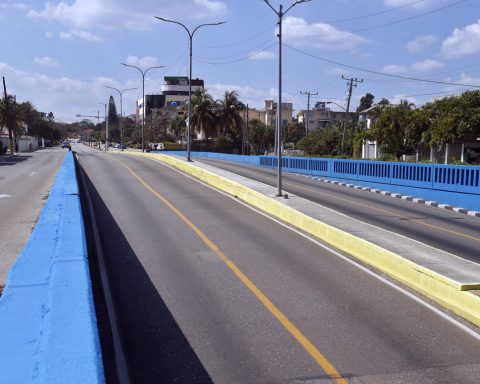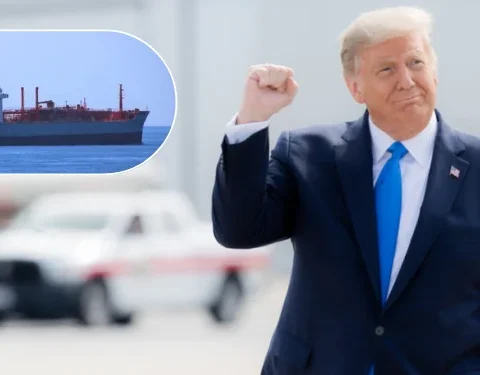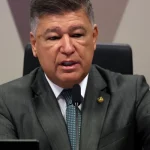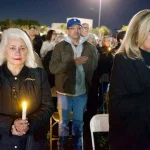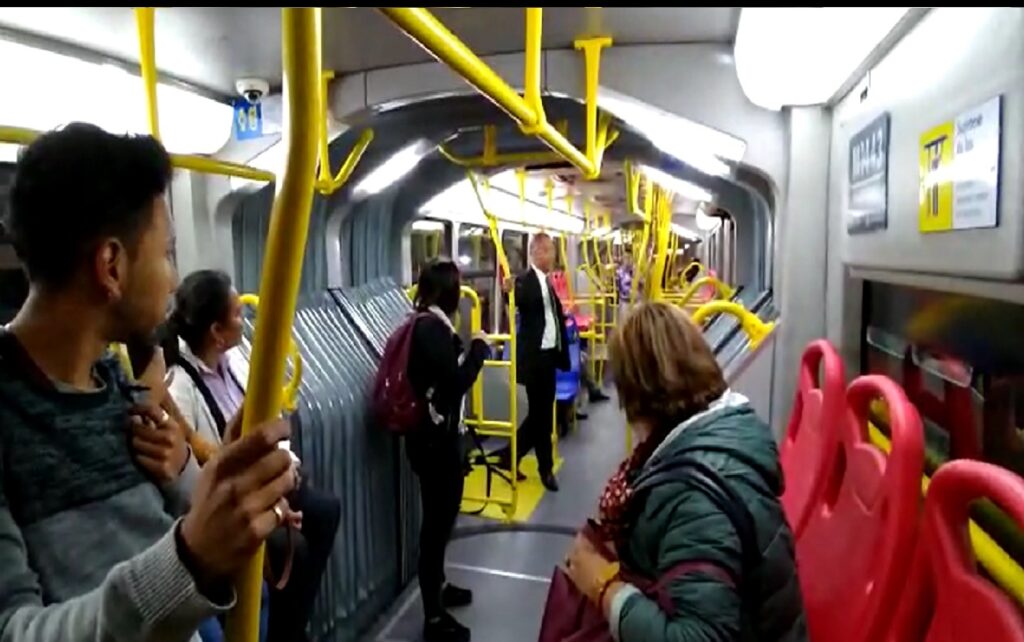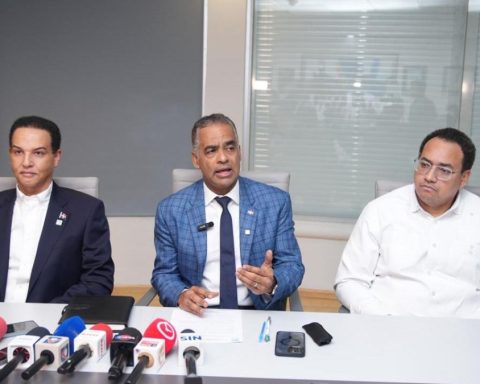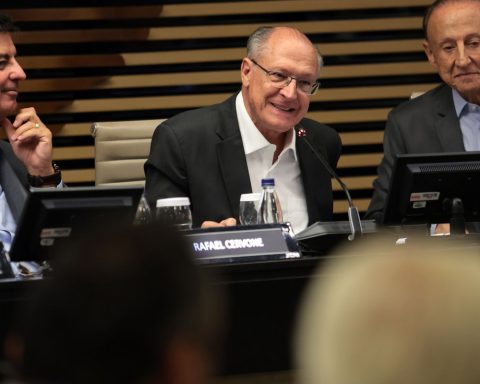Havana Cuba. – It was neither the independent press nor the foreign media that reported as news the possibility that the explosion of the Saratoga hotel in Havana was due to an attack. Nor was it the people on social networks who began to “spread the ball” by “personal initiative” but only when, either through SMS messages or through WhatsApp groups and the like, as an immediate reaction to the chaos, the regime began the urgent mobilization of its “rapid response brigades”, which is the euphemism used to avoid calling by their real name the violent mobs of repressors who, dressed in civilian clothes, do the dirty work of the political police.
I have carefully reviewed the notes generated and headlines in the non-official press and there is not even one that has risked spreading the words “attack” and “bomb”, despite the fact that they were already shouted at the top of the Cuban streets.
With total professionalism, immediacy and, for this reason, in a more than laudable way —taking into account, moreover, how difficult it is for correspondents in Cuba to carry out their work in a context where independent media are criminalized— they all limited themselves to reporting based on the evidence, the verifiable, even when the official media were silent, probably waiting for the authorization of the Communist Party, as well as the guideline to follow.
In addition to the activation of the repressive groups, the magnitude of the catastrophe and the paranoia about the “enemy” that has inoculated us for more than 60 years —and about which Ana León has written in an excellent opinion piece—, other elements prior to the explosion left open the possibility that it could have been an attack: the Tourism Fair was taking place, the president of Mexico was about to arrive in Cuba, the location of the hotel in the main “luxury circuit” of the hotels on the Island and in front of the Capitol, its upcoming reopening, the police mobilization on the eve of the tragedy —notably more active than in previous days, perhaps due to AMLO’s visit—, the unexpected announcement of the closure of 23rd Street in Vedado to carry out work related to the demolition of the old Moscow restaurant and the construction of the so-called “Tower K”, even though for months and having carried out other more complex actions, that road -among the most populous in the capital- had not been closed.
In short, too many things not to avoid thinking of the worst, that is, of a terrorist action that would not favor any political group or any cause, a criminal action with which no one wanted to be associated.
But that does not mean that the possibility that it was not an accident has not been thought of, almost in general, so that describing rumors of an attack as “harmful”, “malicious” and “perverse”, just minutes after the explosion occurred and without any certainty of what was happening, they are harmful, malicious, perverse statements, especially when they come from public figures who should use the moment to transmit other more timely messages and not those unfounded accusations that, obviously, they did seek to politicize the event, take advantage of it for their “cause.”
As it happened with all of us who knew about the event the moment it happened, I still thought of a bomb because it was the only thing I heard from everyone I asked, some of whom even showed me, as proof that they were telling the truth, those sms that reached their phones calling for the mobilization of the violent groups of the ruling party as if it were an “enemy attack”.
So much of this “misinformation” and “lack of sensitivity” that today the regime and its spokesmen seek to attribute to the independent press (and to those who exercise their legitimate right to express themselves freely on social networks), not only had its origin in the regime’s own discourse but rather that it was promoted consciously, perhaps seeking popular rejection of a press that constantly questions them, pressures them, denounces them, exposes them, does not subordinate them and that did not take the bait. That he only did, in the way he could in the midst of adversity, the informative work with the quality and immediacy with which the “authorized journalists” should have acted, but we already know how they earn their livelihood and under whose orders.
I know that some will comment, in response to these lines of mine, on the good work that some information professionals have done —in addition to what they have said or done previously—, from and for the official media. They will also point out as positive the coverage of the event, which has undoubtedly been unusual —remember the silence and misinformation around the air disaster of May 2018, about which, despite the official report, we still do not know the whole truth—, but I must draw attention to something that should not confuse us, not when it is legitimate to demand our right to be informed and it is the obligation of the press to dispel our doubts, especially the most urgent ones because a disaster of equal or greater magnitude could happen again, as long as It is not yet certain what happened, but it is certain how vulnerable the hotels on the Island are, since they have fuel supply and storage systems as dangerous as that of the Saratoga.
I have not yet heard any of those official journalists ask the fire chief or the tourism directors if the other hotels are just as unsafe. No one from the “authoritative” press has asked public officials how a gas deposit could be there for so long where it shouldn’t. No one has dedicated itself to investigating whether the Manzana, Gran Packard, Inglaterra, Parque Central, Paseo del Prado and others in the vicinity of the Saratoga, which are more than a dozen, are in the same danger. What are you going to do so that it doesn’t happen again? It just doesn’t touch the subject. That is not talked about. Or rather, they do not let them inform.
I have not yet seen the first report of the Cuban TV News where we are warned about the hotel or non-hotel facilities where we could be at risk of dying.
Nor, on the other hand, after so many requests for donations (in MLC) and material aid, has it been said how much money Gaviota SA, owner of the damaged hotel, will allocate to compensate the affected families.
Why has no journalist explained to us how, in the midst of one of the worst economic crises, the intention is to “rebuild” the Saratoga, a complex action that will absorb resources that were not planned? Why is this money not used to materially compensate the families of the victims? Why not add it to the expenses that the modernization of facilities and technologies for the transfer and storage of fuels would require, to the adjustment of the systems in accordance with international standards that guarantee more safety?
Has anyone thought about the possibility that this unfortunate and tragic event that has left us all in mourning not only has a negative effect on the future occupation of the reconstructed Saratoga (too many deaths and tears to try to raise above them the fun and relaxation that suppose a five-star hotel) but that it does so in the indicators of Cuban tourism in general?
Is it wise to bail out the hotel right now, or is this just one of many propaganda bluster just to tell the world how “great we are” while forcing us to keep quiet about how poor and hungry the hundreds of thousands of men and women are? women who do not have the right to give their opinion or to be duly informed?
I ask myself these and other questions not as a journalist or writer who does journalism, but with the rights to question and express myself publicly that assist me as a human being, but also because of the need to alert everyone who reads me so that something this terrible does not come back to happen.
However, for those who ask not to “politicize” the issue, I must remember that the journalist’s task is to be annoying at all times, in order to clarify and anticipate situations, even if sometimes he ends up “accused” of “insensitive” or “disrespectful” .
Doing what should be done is not “profiting from the pain of the victims”, because we are all victims at this moment, nor is it “politicizing” the Saratoga issue, which undoubtedly goes through politics although in reality it is not the moment more accurate to express certain judgments and that they are duly debated but just as I ask myself these questions now, I will continue to ask others and look for the answers where they have to be found. I hope others do the same, each in their own way. It is the noblest thing we can do for those who are no longer here, for their families sunk in pain and for those of us who survive today in fear.
OPINION ARTICLE
The opinions expressed in this article are the sole responsibility of the issuer and do not necessarily represent the opinion of CubaNet.
Receive information from CubaNet on your cell phone through WhatsApp. Send us a message with the word “CUBA” on the phone +1 (786) 316-2072, You can also subscribe to our electronic newsletter by giving click here.
